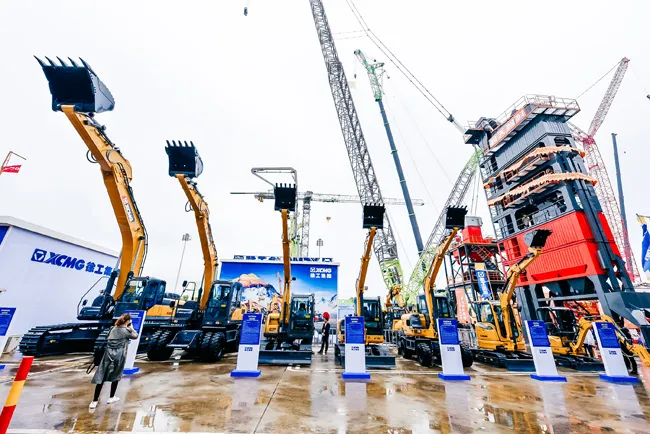The Chinese authorities are keen to encourage the development of a market for electric vehicles. The country’s State Council is drafting a plan intended to boost sales of electric vehicles as well as the development of new models. Included in the plans is the development of a charging infrastructure system.
April 25, 2012
Read time: 2 mins
The Chinese authorities are keen to encourage the development of a market for electric vehicles.
The country’s State Council is drafting a plan intended to boost sales of electric vehicles as well as the development of new models. Included in the plans is the development of a charging infrastructure system. Called the New Energy Vehicles programme, the country has set out plans to have a million electric vehicles (EVs) on the road in just four years. The Chinese authorities have recognised that with vehicle ownership growing fast in the country, electric vehicles should see fast growth to help address issues such as pollution, a major problem in the largest cities such as Shanghai and Beijing. China’s 12th Five-Year-Plan (2011-2015) sets out plans for 2,351 charging stations and 220,000 outlets. These will be built by the3563 China State Grid Corp, the country’s major power supplier.
To help encourage customers to purchase electric vehicles, subsidies and lower taxes are being offered. Currently the central government offers subsidies of around US$9,340 against the purchase of an EV in one of the cities running the EV pilot programme. In addition, some local governments may grant additional support. Chinese policy-makers are working with industry to maintain subsidies. The pilot programme commenced in 2009 when the Chinese Government started with the plan in 10 major cities focusing initially on deployment of EVs for government fleets. Since then the plan has spread to more than 15 other cities and also targets adoption of EVs for personal use. However, the Chinese Government is encouraging customers to buy hybrid vehicles as well as pure electric vehicles. Some commentators have pointed out that further investment is required in battery technology though.
The country’s State Council is drafting a plan intended to boost sales of electric vehicles as well as the development of new models. Included in the plans is the development of a charging infrastructure system. Called the New Energy Vehicles programme, the country has set out plans to have a million electric vehicles (EVs) on the road in just four years. The Chinese authorities have recognised that with vehicle ownership growing fast in the country, electric vehicles should see fast growth to help address issues such as pollution, a major problem in the largest cities such as Shanghai and Beijing. China’s 12th Five-Year-Plan (2011-2015) sets out plans for 2,351 charging stations and 220,000 outlets. These will be built by the
To help encourage customers to purchase electric vehicles, subsidies and lower taxes are being offered. Currently the central government offers subsidies of around US$9,340 against the purchase of an EV in one of the cities running the EV pilot programme. In addition, some local governments may grant additional support. Chinese policy-makers are working with industry to maintain subsidies. The pilot programme commenced in 2009 when the Chinese Government started with the plan in 10 major cities focusing initially on deployment of EVs for government fleets. Since then the plan has spread to more than 15 other cities and also targets adoption of EVs for personal use. However, the Chinese Government is encouraging customers to buy hybrid vehicles as well as pure electric vehicles. Some commentators have pointed out that further investment is required in battery technology though.






